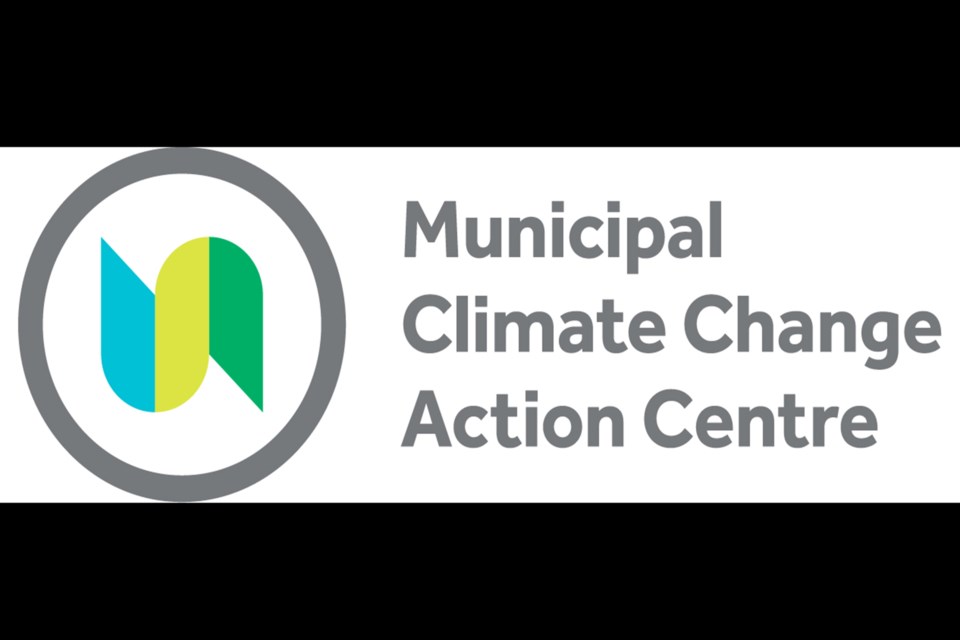ATHABASCA – Residents in the Town of Athabasca will soon be able to borrow funds from the municipality to complete clean energy improvements for their homes, and pay it back on their taxes.
Athabasca town councillors passed first reading of a borrowing bylaw for $200,000 at their April 20 meeting after deciding April 6 to take part in the Clean Energy Improvement Program (CEIP), which is being administered by the provincial Municipal Climate Change Action Centre (MCCAC).
“This does not affect our debt limit,” explained mayor Colleen Powell at the April 20 meeting. “We would then loan that money out to people in town, residences initially, who want to make their homes more energy efficient by maybe buying a new furnace, putting some solar panels in, getting a hot water tank upgrade, things like that, that might lower their energy bills, and they will pay that back on their property taxes, but if they sell a property, the loan stays with the property not with the individual.”
The town has been looking into the CEIP since late last year and had instructed administration to check in with Devon, Leduc and Okotoks which had all taken part in piloting the program. Discussions were then held at public works committee and MCCAC committee meetings, and there was a consensus to move forward with the program.
After the borrowing bylaw is approved by council, the municipality will have to secure the loan, pass a bylaw for the program, enter into an agreement with the MCCAC for them to administer the program, enter into individual agreements with homeowners and collect re-payment through taxes, CAO Rachel Ramey noted in her request for decision.
Coun. Rob Balay has been involved since the beginning and sits on the local MCCAC committee. The prospect of taking out a debenture for the CEIP came to the April 6 council meeting, almost immediately after councillors learned the town would have to borrow $1.3 million for its share of the upcoming river intake project, which came out to double what the Aspen Regional Water Services Commission had expected.
“To me, I still see benefit in doing this, and proceeding that way,” said Balay. “It's not like we're going to use all $200,000 at once. “We should be able to get some interest that's going to offset what we're not using, so I still would like to proceed with this. We would have a slam dunk if we weren’t just coming out of the discussion we just had.”
The MCCAC was created through a partnership of the Alberta Urban Municipalities Association, Rural Municipalities of Alberta and the Government of Alberta with the mandate to provide funding, technical assistance, and education to municipalities, schools, and community organizations, to help lower energy costs, reduce greenhouse gas emissions, and improve climate resilience.
Applicants may use the CEIP to cover up to 100 per cent of their high efficiency improvements and can pay back the municipality for up to 25 years. MCCAC aims to create healthier communities by advancing the sustainability goals of municipalities; busier contractors that will stimulate local economies; and happier property owners who will be provided with flexible and affordable financing to pay for energy efficient upgrades.
The hope is to be able to extend the program to business owners as soon as this fall as well.
“I guess that's why we started out smaller to begin with because this has the potential to be an economic driver in our community and it has the potential to help businesses once the program expands to that,” said Balay. “I do see benefit for our community in doing this, and I want to look forward and not look back.”
Added mayor Powell: “This is a new program, and I think it's got real potential. I think it’s a great program and I’d like to give it a go.”
More details on the process, qualified contractors and the more than 70 energy efficient projects that qualify for the funding can be found at MyCEIP.ca.



